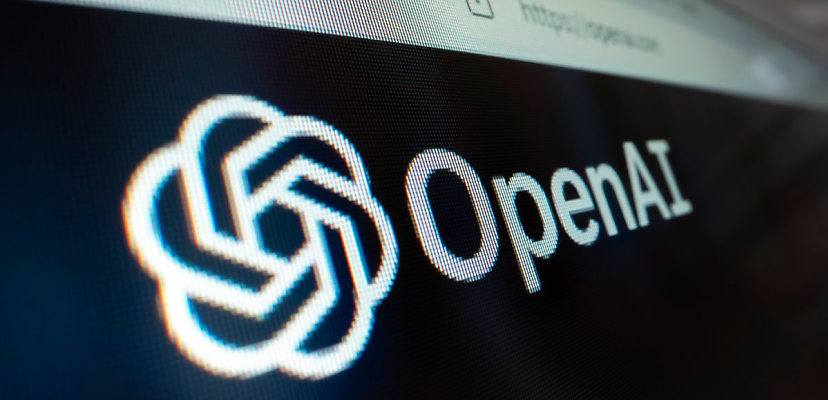Share this article on:
Powered by MOMENTUMMEDIA
Breaking news and updates daily.
OpenAI, the creator of ChatGPT, is trialing image watermarks for its GPT-4o image generation.

The company introduced its 4o image generation late last month and it has quickly drawn massive appeal with users.
AI researcher Tibor Blaho first noted the possibility of ChatGPT-4o ImageGen putting watermarks on its images on 2 April.
“Images created with ChatGPT 4o ImageGen might soon include a watermark,” said Blaho.
A recent update to the ChatGPT web app introduces an experimental feature that mentions a “watermarked asset pointer” and provides an option to “Save image without watermark”.
Images created with ChatGPT 4o ImageGen might soon include a watermark
— Tibor Blaho (@btibor91) 2 April 2025
A recent update to the ChatGPT web app introduces an experimental feature that mentions a “watermarked asset pointer” and provides an option to “Save image without watermark” pic.twitter.com/PYTcv0mg9V
Days later, Blaho once again mentioned the ImageGen watermark feature as a possible update in the ChatGPT Android app, saying it would most likely only be for “free users,” with ChatGPT Plus subscribers potentially having the ability to create images without the watermark; however, this and other details about the watermark have not been confirmed.
Blaho also said that OpenAI’s service terms changed on April 4, allowing the company rights to any generated image shared publicly.
“By choosing to share an image or video publicly on the Services, such as by sharing it to the Sora explore page, you give OpenAI the right to reproduce, distribute, modify, display, and perform it for the purpose of operating and promoting the Services,” the terms now said.
AI image generation has raised many concerns regarding deepfake porn, misinformation, and more.
Just last month, two Australian men were charged with the alleged production and distribution of AI-generated child sexual abuse material (CSAM) as part of a global law enforcement operation that saw 25 people arrested from 19 countries.
The US presidential election last year was also plagued with AI-generated misinformation, including Donald Trump sharing AI that claimed he had the endorsement of Taylor Swift.
Similarly, Elon Musk posted an image of former vice-president Kamala Harris dressed in a red suit donned with the communist hammer and sickle emblem in response to one of her political campaign ads that said: “Donald Trump vows to be a dictator on day one.”
Alongside the image, Musk said: “Kamala vows to be a communist dictator on day one. Can you believe she wears that outfit.”
While Musk does nothing to indicate the image is AI-generated and said that it is Harris wearing the outfit, the image is very obviously AI-generated, barely resembling Harris. Additionally, the claim that she vowed to be a communist dictator has no real source and is thus misinformation.

Be the first to hear the latest developments in the cyber industry.